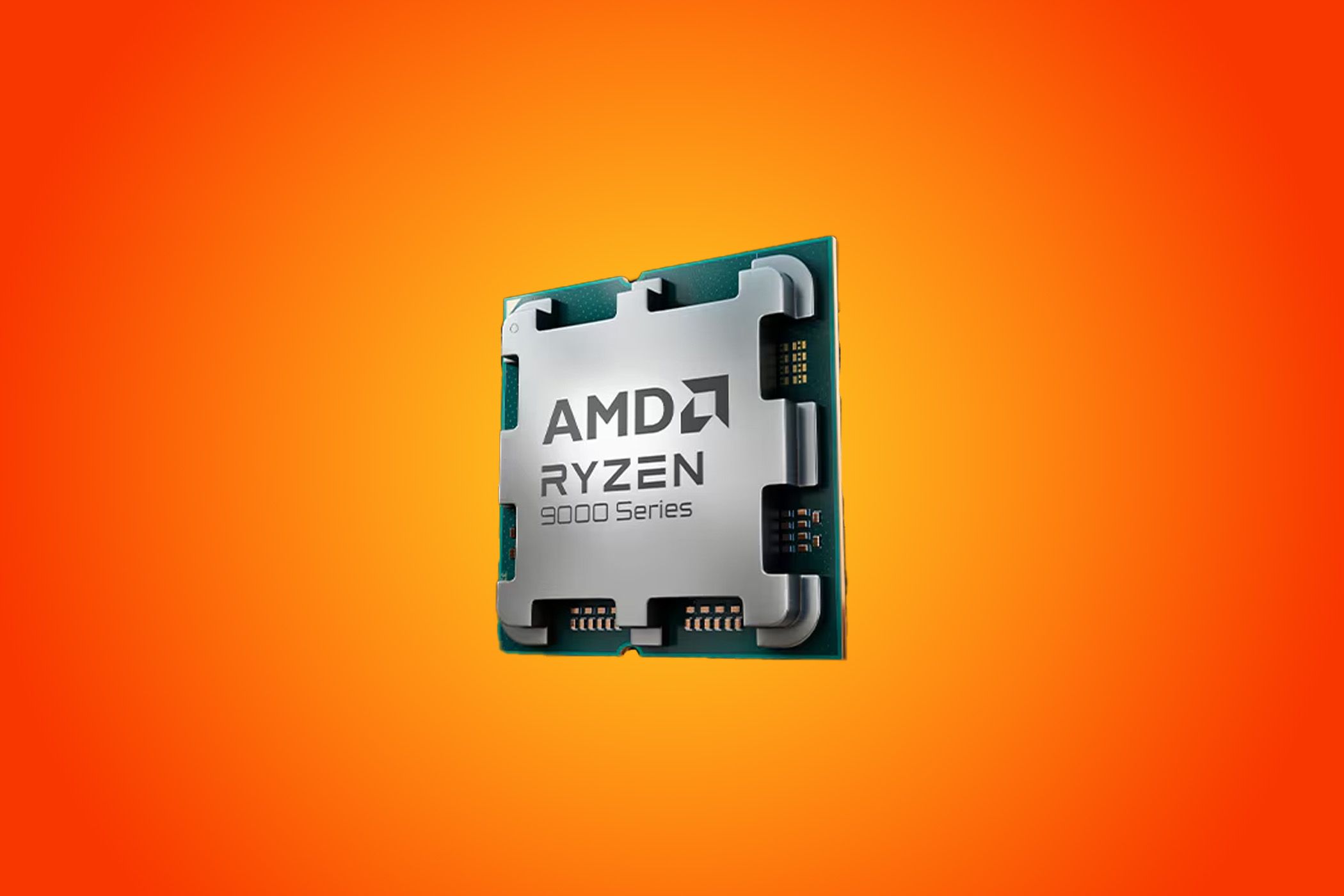The Ryzen 9000 range of chips is finally out, and while they’re pretty good on paper, its real-world performance has been a bit lacking. AMD has now released bug fixes that should address the problem.
AMD has released a series of updates to address the performance issues that plagued the Ryzen 9000-series desktop processors following their delayed launch. These updates bring significant improvements for recent PC builders who were disappointed with the chip’s initial performance, which isn’t really living up to AMD’s big all-out promises.
One of the main culprits behind the lackluster performance was the absence of Windows 11 branch prediction optimizations. AMD has rectified this by incorporating the necessary fix into the latest Windows 11 versions (23H2 build 22631.44112 and newer 24H2 builds). If you have a newer Zen 5 chip, you can expect a gaming performance increase of around 13%, and your mileage may also vary on older chips as well.
AMD has also rolled out a BIOS update for Ryzen 5 9600X and Ryzen 7 9700X processors. This update increases the TDP (thermal design power) from 65W to 105W, resulting in a performance boost of up to 10%. An increased TDP also means increased thermal requirements, so for this particular update, you should probably upgrade your CPU cooler if it can’t handle this much heat. Most respectable coolers out there can do at least 105W, but you should probably still check.
Additionally, AMD has optimized core-to-core latency for Ryzen 9000 series multi-CCD (chiplet) models. This addresses an issue where data transfer between cores on different CCDs requires two transactions instead of one. The latest BIOS update halves the number of transactions, improving latency in specific scenarios. AMD notes that games like Metro, Starfield, and Borderlands 3, along with synthetic tests like 3DMark Time Spy, may show performance improvements.
These are several updates that you will have to download separately, but all together, they should result in some actually tangible performance improvements. You should recieve the fixes through Windows Update when they become available for your PC.
Source: Engadget




